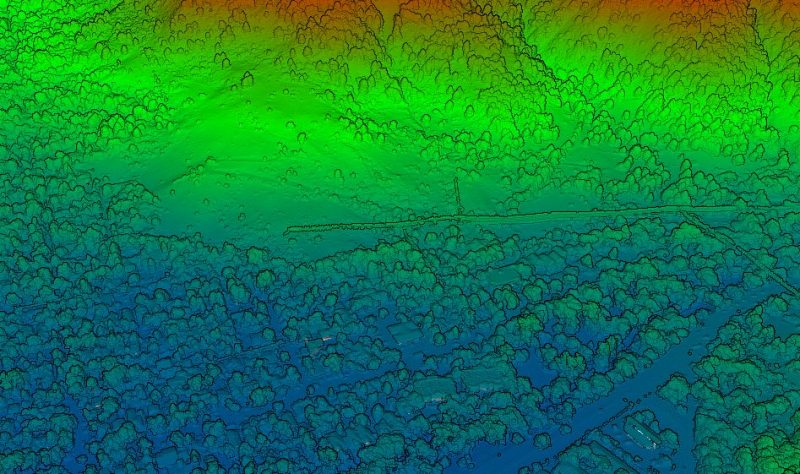Boulder Topographic Map: view and extract detailed topo data
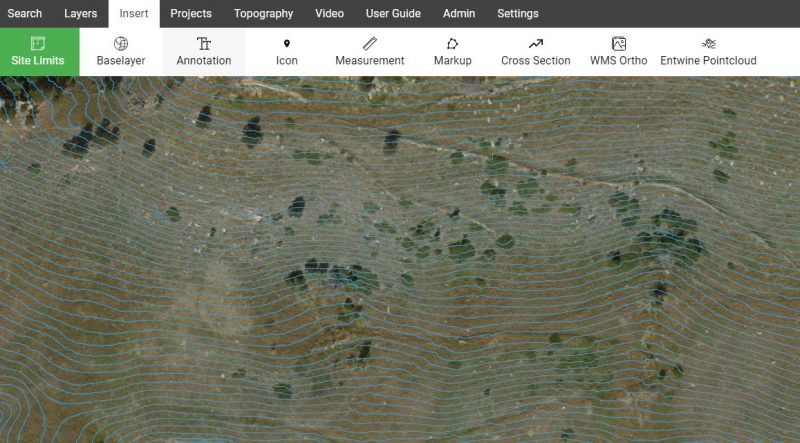
Topographic Maps for Professionals
Boulder topographic maps are used by infrastructure design professionals such as:
- Flood Analysts
- Planners
- Construction Professionals
- Architects
- Civil Engineers
- Landscape Designers
Topographic map features.
The Boulder topographic map can be used for a variety of tasks, including:
- Cutting cross sections on the fly
- Viewing 3D surfaces from built-in LiDAR
- Extracting elevation data
- Generating contours
- Creating markups, labels and figures
- Sourcing and view LiDAR point clouds
- Link sharing data
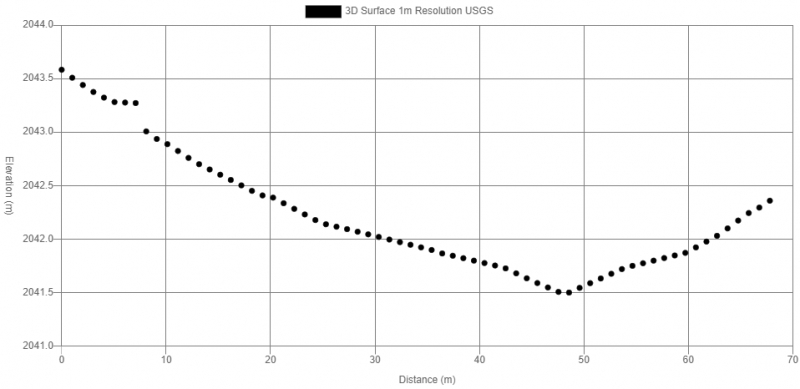
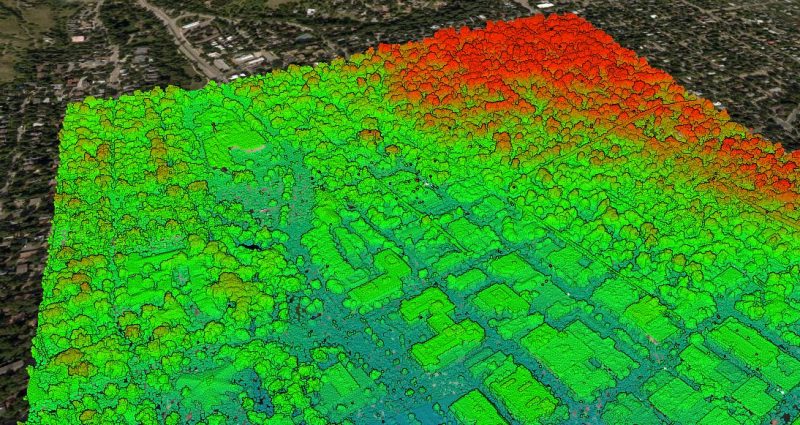
Where does Equator get the topographic data from?
Equator’s data is sourced from the United States Geological Survey (USGS) and their 3D Elevation Program (3DEP). You can read more about the 3DEP here .
Boulder elevation data is sourced from a library of airborne LiDAR surveys and is connected to Equator for ease of access.
Extracting contours in Equator.
Contours can be extracted from the Boulder topographic map at the resolution of your choosing.
Contours can be exported to a variety of formats including shapefile (.shp) and drawing (.dxf).
Digital elevation models (DEMs) are also available.
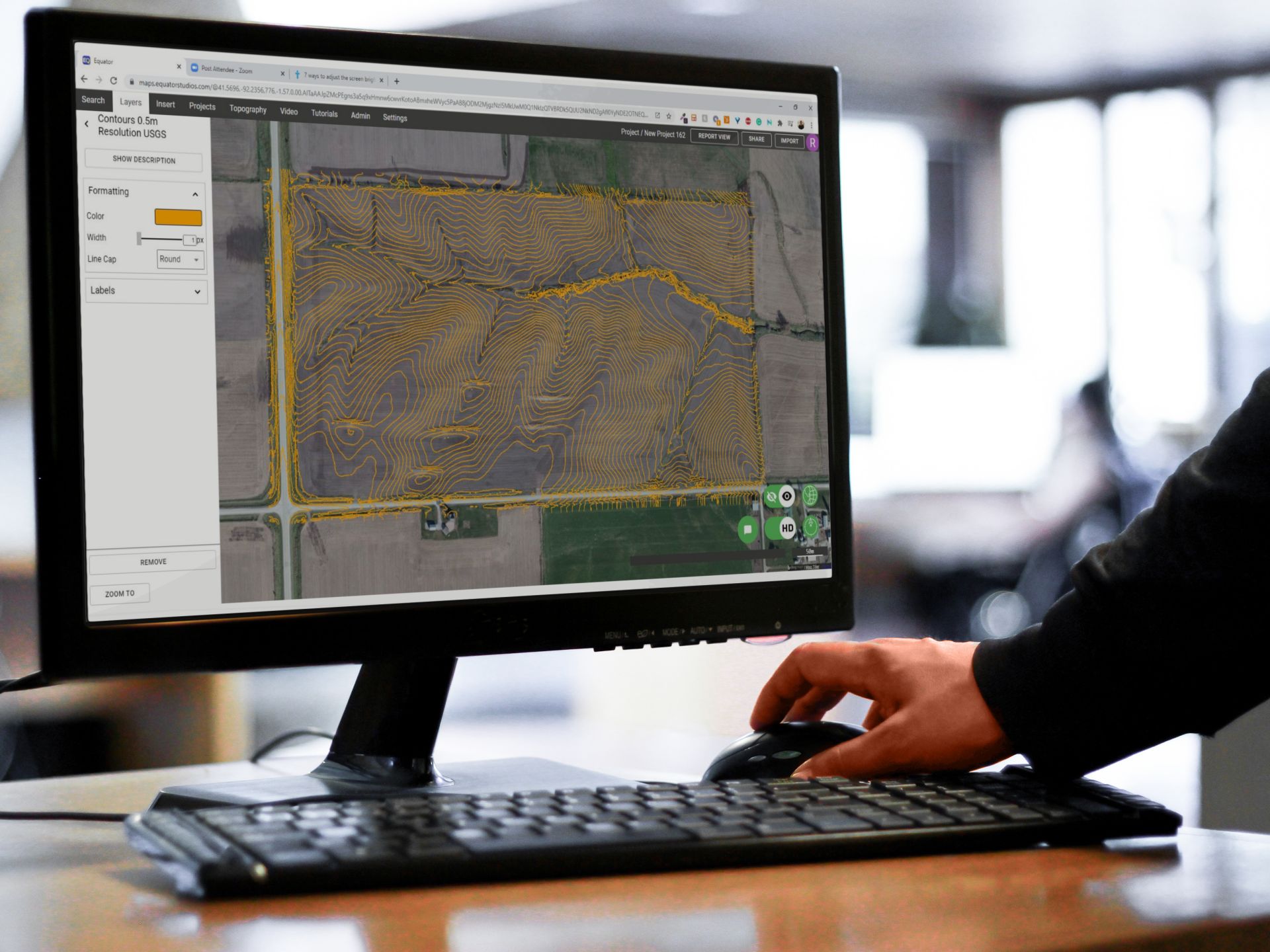
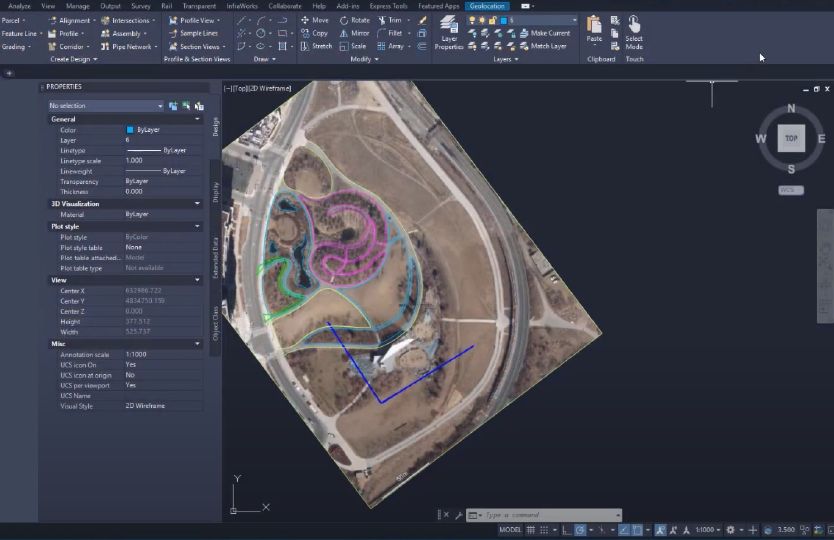
How do I bring contours into Civil 3D?
Contours can be opened in AutoDesk Civil3D (or similar) simply by opening an dxf file or shapefile exported from Equator. This tutorial explains how to create a 3D surface in Civil 3D directly from a shapefile.
Why should I use Equator to access Boulder Topography?
Equator allows users to access local LiDAR surveys to the best available resolution. Experience 3D topography in high-resolution, unlike ever before.
Revolutionary 3D platform for viewing data
Most detailed online map of Boulder topography, accessible on a globe
Easily extract the data you need
The post Boulder Topographic Map: view and extract detailed topo data appeared first on Equator .
Full content in Equator Studios


